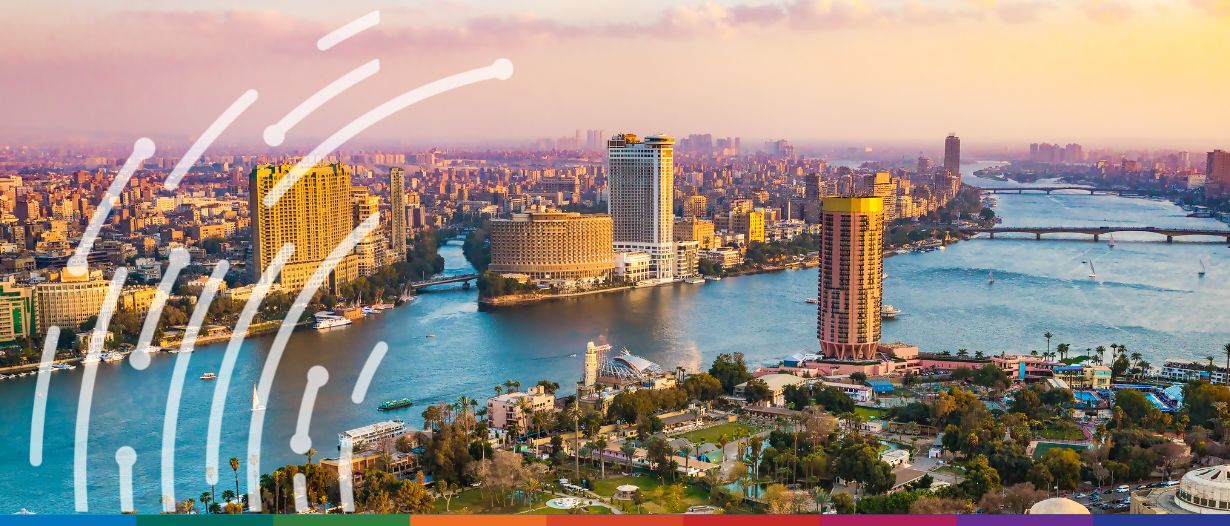Estimated reading time: 2 minutes
Egypt and India announced Thursday a “strategic partnership” to increase trade by billions of dollars and strengthen diplomatic ties, as President Abdel Fattah al-Sisi concluded a visit to New Delhi.
Facing a worsening economic crisis, Egypt is scrambling to boost international trade and attract investors.
India is already Egypt’s seventh-largest trading partner, according to data from Cairo’s central bank, with a joint statement issued Thursday touting “a record high of $7.26 billion” during the last fiscal year.
President Sisi and Indian Prime Minister Narendra Modi expect annual bilateral trade to rise “to $12 billion within the next five years”, said the statement, capping the Egyptian president’s three-day visit.
Prime minister Modi hosted president Sisi on Thursday as a “guest of honour” for a Republic Day ceremony, marking the anniversary of the adoption of India’s post-independence constitution.
The two leaders agreed to increase Indian investments in Egypt, which currently stand at “over $3.15 billion” according to their statement, including through a potential “dedicated land area for Indian industries in the Suez Canal Economic Zone”.
The statement also notes “strengthened bilateral cooperation” in agriculture, space research and tourism.
The economic crisis in Egypt, triggered by Russia’s invasion of Ukraine last year, has sent the local currency plummeting.
The war has also unsettled global investors who pulled billions out of the North African country.
The Egyptian pound has lost half its value against the US dollar since March, following a devaluation demanded as part of a $3 billion loan agreement with the International Monetary Fund.
In a sign of closer diplomatic ties, prime minister Modi has also invited president Sisi to participate in the G20 summit in India in September to represent “the interests and priorities of the global south”, their statement said.
The two leaders also called for “comprehensive reforms in the UN Security Council, including by expanding membership categories and strengthening representation for developing countries”.

























